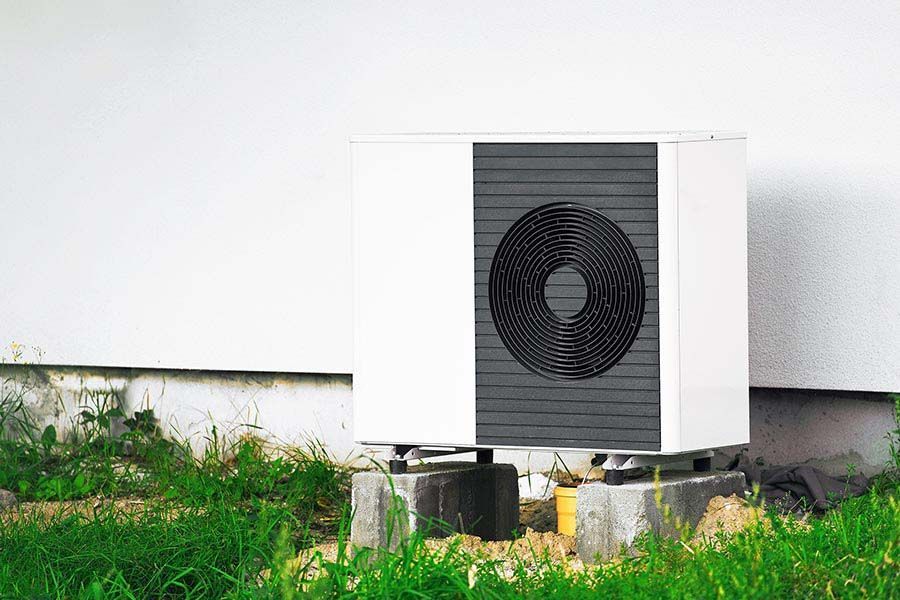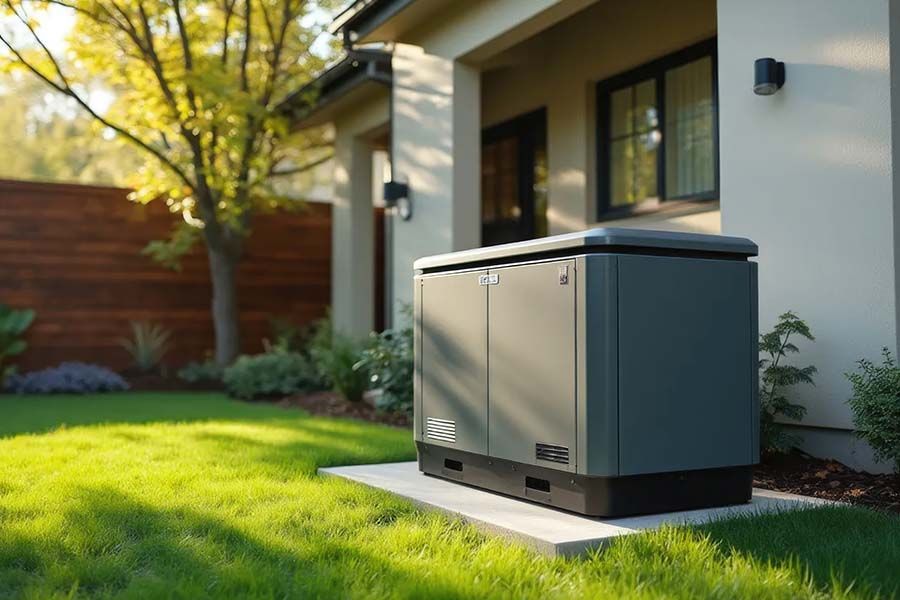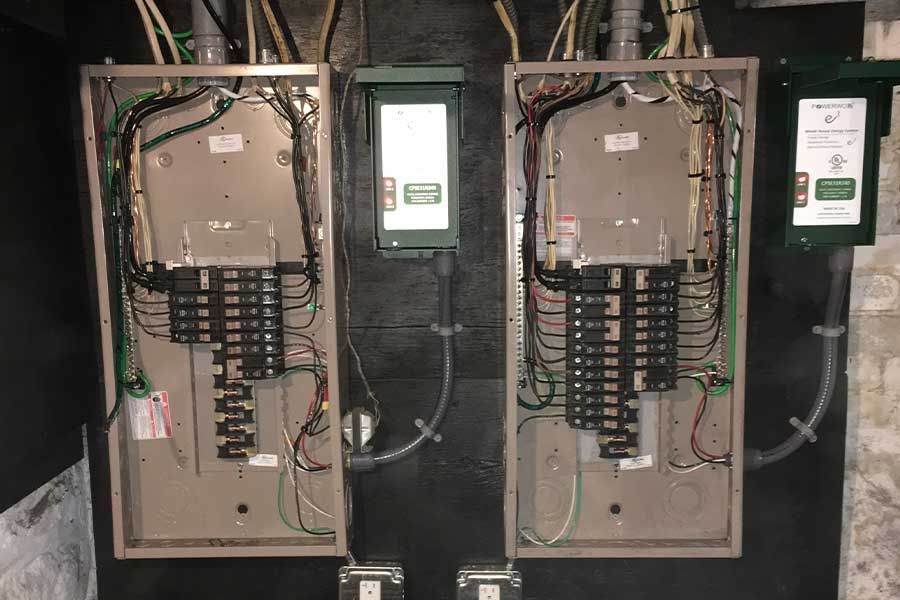Diffuser vs. Humidifier: What Is the Difference?
Maintaining consistent humidity levels in your home is the first step toward improving indoor air quality. High humidity in the summer and dry air in the winter may encourage you to purchase a diffuser or humidifier for your property. You may wonder, “What is the difference between a diffuser vs. humidifier?”
Both appliances have distinct advantages for improving at-home comfort. Our contractors who provide Port Washington's indoor air quality services explain what you should know.
At Professional Services, we specialize in HVAC installations, repairs, and replacements for residents across the Ozaukee County area. Our qualified contractors understand the science behind diffusers and humidifiers and can help you choose the right appliance for your home. Call us at 262-218-2636 to learn how our services can enhance your quality of life.
1. Appliance Purpose
Humidifiers and diffusers serve different purposes.
Humidifiers add moisture to the air by speeding up the process of liquid evaporation. A small basin pumps liquid through a motorized fan, circulating water particles throughout the house. You can shop for several types of humidifiers, including:
- Whole-house humidifiers
- Evaporators
- Steam vaporizers
- Ultrasonic humidifiers
We will discuss each of these in more detail throughout this article.
Diffusers emit pleasant fragrances into the air by evaporating essential oils. Different types of diffusers include:
- Nebulizers
- Reed diffusers
- Liquid ultrasonic diffusers
- Evaporative consoles
2. Appliance Size
Diffuser vs. humidifier: Which appliance is more compact?
Most diffusers are smaller than humidifiers. However, the size of your appliance will primarily depend on which type you purchase and how many square feet of your home you want to cover.
For example, small reed diffusers can typically cover 150 square feet (a couple of rooms). Medium-sized appliances may diffuse vapor at 300 square feet. Larger ultrasonic 200mL diffusers could produce fresh fragrances at 500 square feet or more.
You can purchase a small humidifier that will fit on the corner of your nightstand, such as a quarter-liter console. These are practical if you want to increase humidity levels in your bedroom. However, we recommend investing in larger appliances that can hold four or more gallons of water — perfect for controlling your entire property’s humidity level.
3. Appliance Function
Portable steam-based humidifiers heat water to its boiling point and emit vapor into the air. Alternatively, evaporation humidifiers use fans to produce mist throughout the day.
We can install a central humidifier onto your HVAC system. This solution will allow you to calibrate and equalize humidification in every room using a primary control panel.
Nebulizing diffusers use air to compress essential oils and produce a smooth vapor. Like evaporation humidifiers, heated diffusers also warm oil to its evaporation point.
Technically both diffusers can cause humidity levels in your rooms to rise. However, the moisture produced by a diffuser will be negligible compared to a humidifier.
4. Health Benefits
You can enjoy several health benefits when using a humidifier in your home. First, higher humidity levels can alleviate many cold and flu symptoms — congestion, dry throat, etc. Consistent humidity levels can also reduce your risk of experiencing a flare-up if you have asthma.
Humidifiers may also force allergens out of the air — soothing eye and throat irritation during the spring and summer.
You can also enjoy a wide range of health benefits from a diffuser, depending on which types of essential oils you use. These appliances can improve your quality of sleep, restore your sense of smell after an illness, and significantly lower stress levels.
5. Cosmetic Benefits
Diffuser vs. humidifier cosmetic benefits vary, depending on the appliance you use. For instance, ultrasonic humidifiers can produce either cool or heated mist. Warm moisture levels may prevent your hardwood floor from warping or cracking if you have a cold basement.
Humidifiers can also tighten your skin over time, reducing wrinkles and other aging features.
Diffusers can create a welcoming environment for your family and guests. You should turn your appliance on 24 hours before you expect a company to give it enough time to diffuse completely.
Diffusers can also reduce skin inflammation and improve cognitive awareness.
6. Energy Use
You may worry about adding another appliance to your home if you already spend too much on monthly utilities. Fortunately, neither device uses much power compared to other essential utilities, like dishwashers or washing machines.
The average humidifier consumes about 11 watts of power. However, larger appliances will consume more energy. Be cautious when running your humidifier all day and night, as it can become expensive over time.
Many diffusers consume about 20 watts of power. That averages to around 12 cents per kilowatt-hour.
Don’t worry if running these appliances still seems too expensive for your budget. We can help you reduce your power consumption by recommending energy-efficient HVAC products.
Our Professional Recommendations
With this information, choosing between a diffuser vs. humidifier shouldn’t seem too challenging.
First, ask yourself what indoor air quality goals you want to achieve. Do you want to improve the moisture levels in multiple rooms of your house, or do you want to promote a stress-free environment?
Our contractors highly recommend humidifiers for most homeowners. This way, you can always enjoy consistent air quality, even during seasonal changes. Portable humidifiers range from $30 to $200 and are well worth the investment.
Diffusers can also improve your at-home comfort, but are less necessary for the overall moisture control of your property. These devices usually cost $12-$100.
Contact Our Team
Our Professional Services technicians are ready to help you with all your HVAC requests. Whether you need to control your indoor humidity levels or replace your air conditioning unit, we have the solutions.
Schedule a consultation with our team to learn more about the pros and cons of humidifiers and dehumidifiers. Our experienced contractors will explain everything you need to know, so you make the best decisions for your home.
Diffuser vs. humidifier: Which is better? Contact Professional Services in Port Washington, WI, for more information. Call
262-218-2636 to schedule an HVAC installation or repair.
You might also like







